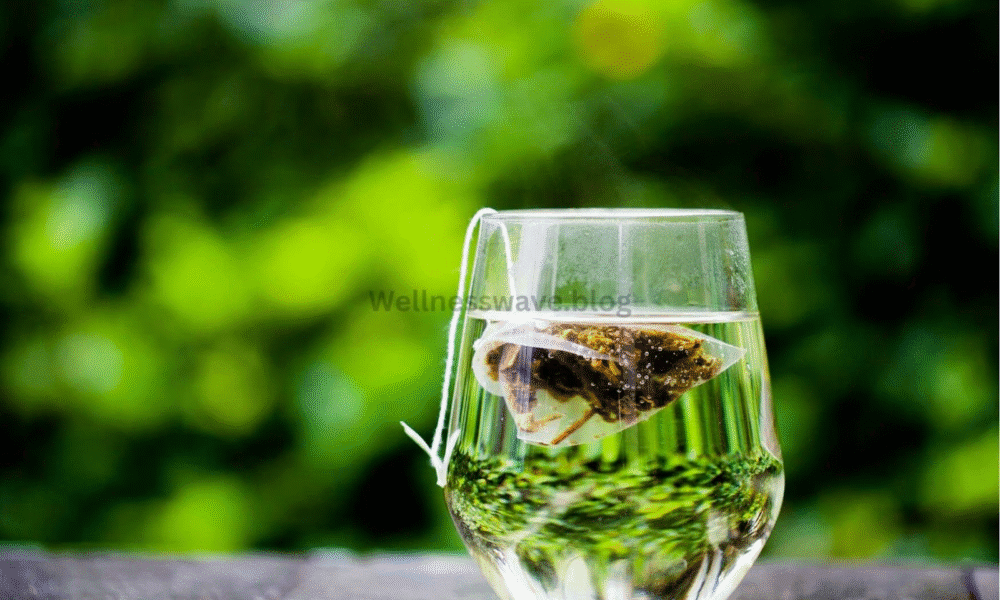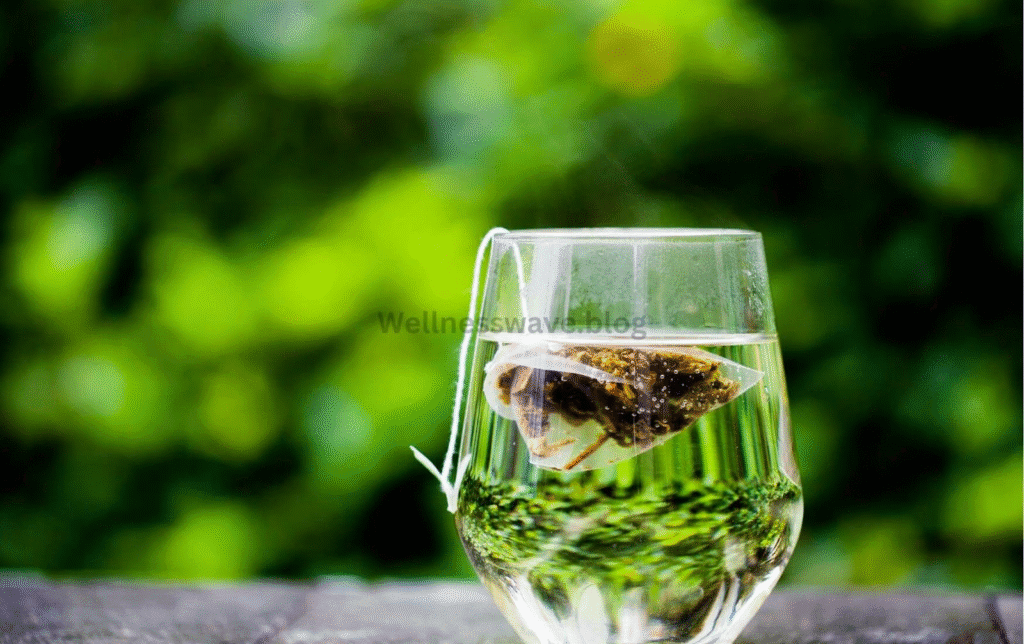
Green Tea Guide: Types, Benefits & How to Drink It Daily
Green tea is very well known for its numerous health benefits. But, it is also necessary to know how you brew your green tea impacts it taste, nutrient content and benefits.

Green tea is one of the most widely consumed beverage all over the world, well known for its potent antioxidant profile and numerous health benefits. Made from unoxidized Camellia sinensis leaves, it is rich in catechins—especially EGCG— which is well known to be linked to improved metabolism, liver detoxification and even brain support and much more. from weight loss goals to anti aging and even immunity, green tea is the best suitable and easy option for all.
Health Benefits of Green Tea
- Rich in Antioxidants – Green tea is abundant in catechins which help reduce the risk of chronic diseases
- Supports Heart Health – Regular consumption has been linked with reduced LDL and improved function of the artries.
- Lowers the Risk of Cancer – According to a study, catechins neutralize harmful free radicals, preventing DNA damage and lowering the risk of cancer.
- Enhances Brain Function – Compounds like caffeine and L- theanine present in green tea help improve mood as well as cognitive function.
- Reduces the Risk of Type 2 Diabetes – Green tea may help reduce the risk of type 2 diabetes by improving insulin sensitivity and lowering blood sugar levels, as suggested by a 2023 meta-analysis of 15 randomized controlled trials published on PubMed.
Types of Green Tea
| Type | Origin | Taste Profile | Unique Benefit |
| Sencha | Japan | Grassy, Fresh | Great for daily energy |
| Matcha | Japan | Creamy, Rich | High in antioxidants, supports focus |
| Gyokuro | Japan | Sweet, Umami | Rich in calming amino acids |
| Hojicha | Japan | Nutty, Roasted | Low caffeine, perfect for evenings |
| Genmaicha | Japan | Toasty, Popcorn-like | Soothes digestion |
| Dragon Well | China | Smooth, Nutty | Heart-healthy, cooling effect |
| Gunpowder | China | Strong, Bold | Perfect for cold brew teas |
| Jasmine Green Tea | China | Floral, Calming | Reduces anxiety and stress |
Top Green Tea Brands
India:
- Organic India: Known for its organic and herbal blends.
- Gaia: Offers a variety of flavored green teas.
International:
- TWININGS: Offers a range of classic and flavored green teas.
- Yogi Tea: Known for its herbal infusions and wellness teas.
Recommended Daily Intake
General Recommendation: 2–3 cups per day
Maximum Safe Intake: Up to 5 cups per day for most individuals.
Note:
Excessive consumption, especially of concentrated extracts, may lead to adverse effects.
Potential Side Effects of Green Tea
- Caffeine Sensitivity – Caffeine may cause insomnia, anxiety or increased heart rate in sensitive individuals.
- Iron Absorption: Green tea has something called catechins, which can make it harder for your body to absorb iron from food. So, it’s better not to drink green tea with meals. Try to drink it at least 1 hour before or after eating.
- Liver Health: High doses of green tea extracts have been linked to liver toxicity in rare cases .
Who Should Drink Cold Brew Green Tea?
- Those avoiding caffeine
- People who are on their weight loss journey
- People having acidic and sensitive stomach
- If someone is looking for a smooth refrshing as well a weight loss drink, this can be the best option for summers.
Who Shouldn’t Drink Green Tea?
- Pregnant or breast feeding mothers should consult a healthcare provider.
- Individuals with iron deficiency or anemia
- People with any kind of liver disorders should consult their specialist before consuming green tea.
- People on regular and heavy medications should consult their physician as medications may sometimes react with green tea compounds.
Best Time to Drink Green Tea
- Morning: To kickstart metabolism.
- Between Meals: To avoid interference with iron absorption from meals.
- Before Exercise: May enhance fat oxidation during workouts.
Avoid consumption of green tea during late evening or night hours, to prevent any sleep disturbances due to caffeine content.
Ayurvedic Perspective on Green Tea
As per Ayurveda, green tea is seen as a cooling drink that helps balance the Pitta dosha. It is well known for its detox benefits, supports digestion, and helps clear the mind. However, drinking too much green tea, especially at night can increase the Vata dosha. This may lead to problems like restlessness, anxiety, or trouble sleeping (insomnia). So, while green tea is healthy, it’s best to drink it in moderation and avoid it late in the evening.
The Bottom Line
Green tea is not only a refreshing drink but also a powerful natural drink packed with antioxidants like catechins that support overall health. From boosting metabolism and aiding weight loss to enhancing brain function and reducing the risk of chronic diseases like cancer and heart disease, green tea offers a wide range of science-backed benefits.
FAQ’s
Q. Can I drink green tea every day?
Yes, 1–3 cups a day is generally safe and offers health benefits.
Q. Is green tea good for skin?
Yes, it’s rich in antioxidants that help improve skin clarity and reduce inflammation.
Q. Which green tea is best for weight loss?
Matcha and Sencha are considered most effective due to their high catechin content
Q. Does green tea contain caffeine?
Yes, but much less than coffee. One cup of green tea has around 25–35 mg of caffeine, which can provide gentle alertness without the jitters.
Q. How should I store green tea?
Keep it in an airtight container, away from sunlight, moisture, and heat. This preserves its aroma, freshness, and nutrients for longer.







No Comment! Be the first one.